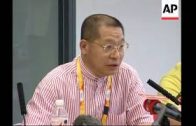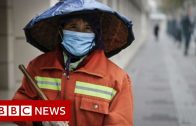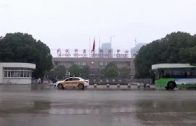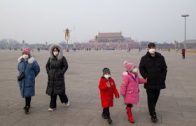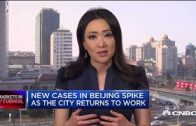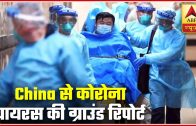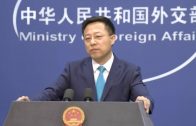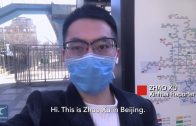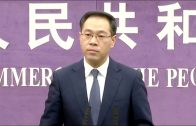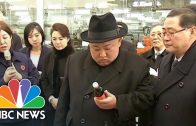First look inside CCTV’s landmark new Beijing TV centre
1. Various exteriors of the new China Central TV building, still under construction
2. CCTV staff working in new, temporary Broadcast Centre
3. Wide of staff working at computers
4. Pan from control screen monitors to staff in control room
5. Mid of director pointing towards screen
6. Back shot of staff
7. Staff members watching panels
8. Wide of news conference
9. Mid of cameras
10. SOUNDBITE (Mandarin) Sun Yusheng, Vice President, China Central Television:
“All media have their own media’s value system. They have standards for their approach and dialogue. So, many share commonalities, for example: News should use the truth to speak. I think that is a common standard.”
11. Sign reading “Approval”, over the section of the work space (Editorial and technical approval to be put on the air)
12. Various of people at computers
13. Pan from cameras to anchor people in studio with blue screen in background
14. Mid of presenters
STORYLINE:
Foreign journalists got their first look around state broadcaster China Central Television’s (CCTV) new Olympic Broadcast Centre on Wednesday.
The exterior of the already iconic building was recently completed, but the interior remains to be done.
Inside an area that will eventually be used for resources like air conditioning and heat, and for parking CCTV’s fleet of Satellite Transmission Trucks, and a temporary Broadcast Centre is busy with staff preparing for Olympic coverage.
CCTV has a massive job ahead of it as a rights holder for the 2008 Beijing Olympic Games, and as host country they have pride invested as well.
They have over 3,000 staff working full time on the games, and will spread coverage over seven channels, 5 of them terrestrial.
CCTV Channel, the network’s flagship, will broadcast all 192 gold medal competitions.
As the official state broadcaster, CCTV represents the Chinese government as their official television outlet.
Therefore, there has been a lot of criticism of their editorial decisions by free speech advocates in the West, as what they report on and broadcast must first be approved by government editors.
Some Chinese counter that media and access to information in China is used as a guide for how society should develop, versus the Western media free-for-all that they sometimes criticise.
Sun Yusheng, Vice President of the CCTV network politely dodged questions about how CCTV and their editors would react to and control unwelcome events like protests and emergencies during the Olympics.
But he did say that CCTV should present the truth through facts and use truth as their media.
“All media have their own media’s value system. They have standards for their approach and dialogue. So, many share commonalities, for example: News should use the truth to speak. I think that is a common standard,” Sun told reporters during a news conference Wednesday.
The challenge is in finding a common standard for truth.
On some issues China and the West seemed doomed to disagree.
You can license this story through AP Archive: http://www.aparchive.com/metadata/youtube/17d4a5df30a0d80e791a82c68ca91d62
Find out more about AP Archive: http://www.aparchive.com/HowWeWork
